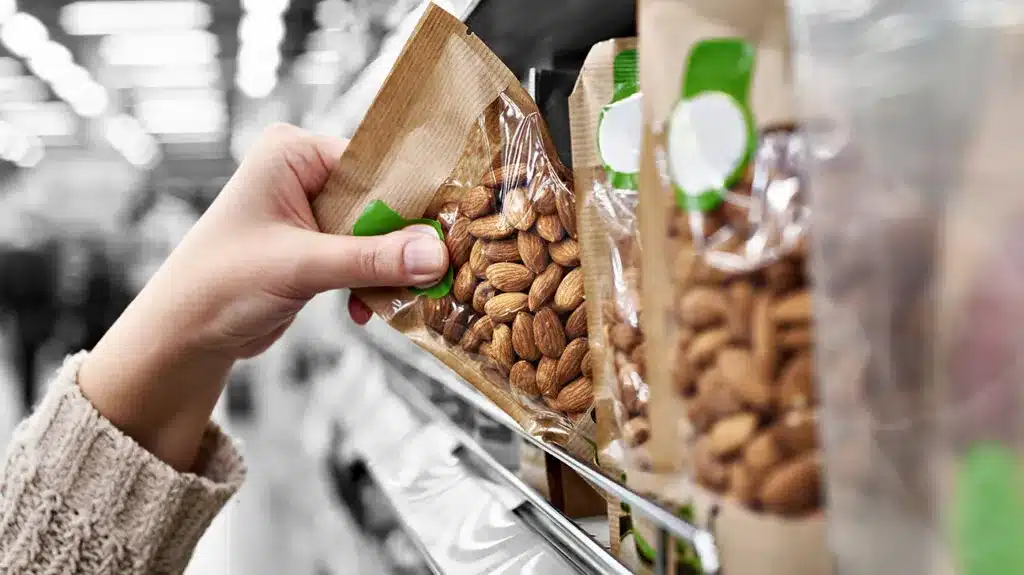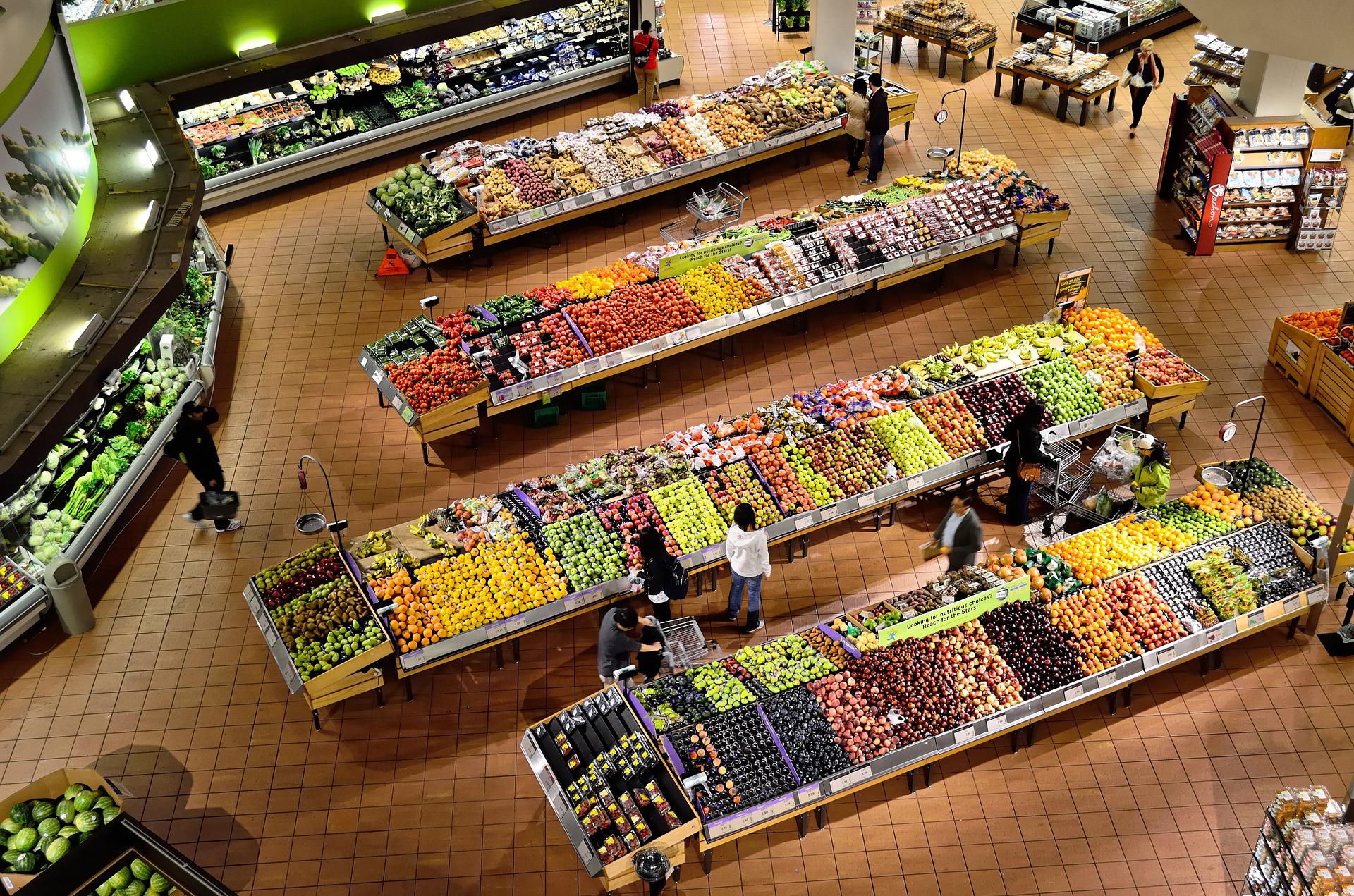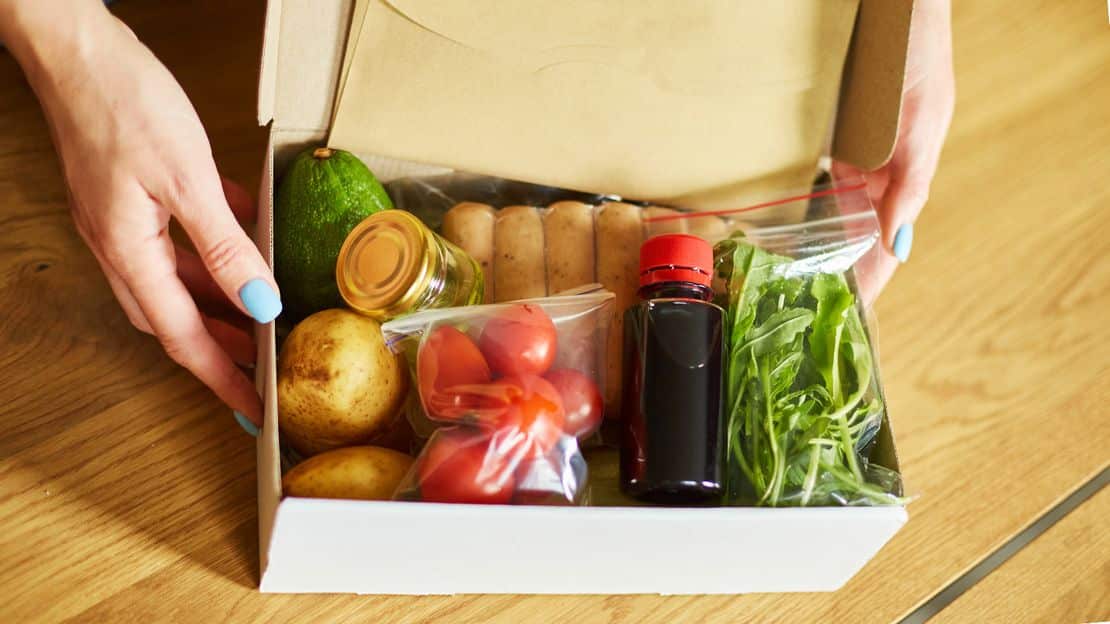North America’s drive to have it all, may be costing us more than we realize. In a culture prioritizing hustle over balance, ambition over happiness, and hard work over quality of life, mental health is at an overall decline. Time is a commodity no one can afford – and with less time spent on our health comes more complications for our bodies and minds.
The old saying “you are what you eat” has never been more relevant than it is today. Consider the following:
- Most North American’s eat out 4-5 times a week
- Many of us eat fast food because we don’t have time to find or make good food
- Healthy food costs more than junk food
Kelly Matheson of the Centre for Addiction and Mental Health of Canada says: “People are now realizing there is not only a psychological connection but a biochemical and physical connection between what we eat, the way it makes us feel and our mental health.”
A recent article by the Harvard Health maps patterns between traditional foods and diets such as Mediterranean or Japenese, and those popular in commercialized western cities likes burgers and pizza. The primary difference in the two diets was found in amounts of fruits, vegetables, and unprocessed grains. The results? Depression and anxiety dropped by nearly 35% in people who ate traditional foods.
But it is not just science paying attention to mental health. Marketers are jumping on the bandwagon too by aligning their brands with mental health causes, getting in on the conversation first launched by Bell Let’s Talk five years ago. Just last week Burger King launched a new campaign called #FeelYourWay aimed at normalizing depression in what appears to be retaliation towards McDonald’s Happy Meals.
As mental health issues continue to rise in North America, Canadians can expect brands to market products around their potential mental health benefits as well as their nutritional ones.








